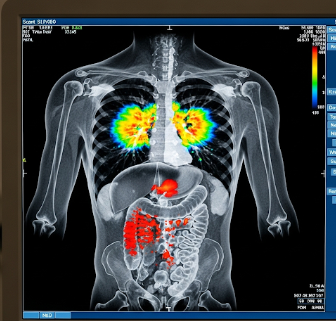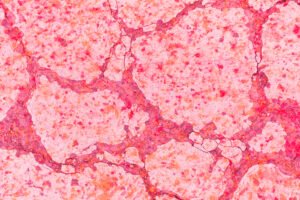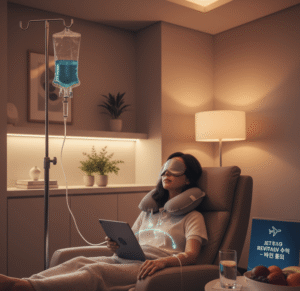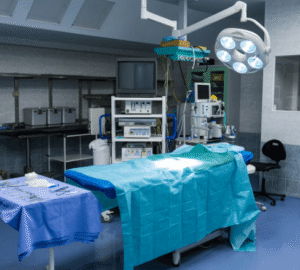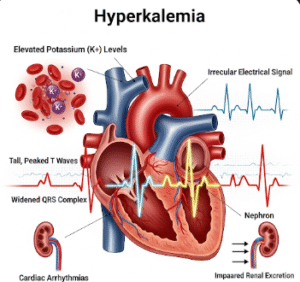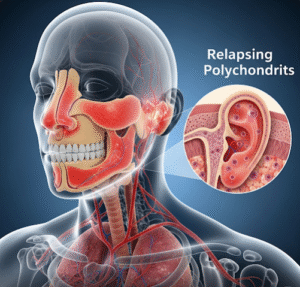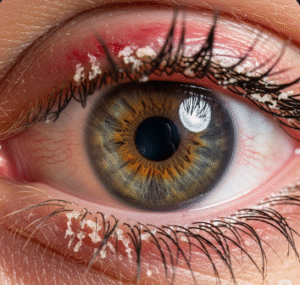Overview
PET (Positron Emission Tomography) scan is an advanced imaging technique that helps visualize metabolic activity in tissues and organs. It is widely used for cancer detection, monitoring treatment response, evaluating heart disease, and detecting brain disorders.
South Korea is renowned for state-of-the-art imaging centers, expert radiologists, and high-resolution PET scanners, making it a safe and effective destination for PET scans.
What is a PET Scan?
A PET scan uses radioactive tracers to measure metabolic activity in cells. Key features include:
✔ Functional imaging: Unlike CT or MRI, PET shows how tissues function rather than just their structure.
➔ Tracer-based technique: A small amount of radioactive material (e.g., FDG) is injected into the body.
● High sensitivity: Detects early disease changes before structural abnormalities appear.
★ Combination imaging: Often combined with CT or MRI for detailed anatomical mapping.
PET scans are particularly useful for cancer staging, detecting recurrence, assessing heart perfusion, and evaluating brain disorders such as Alzheimer’s disease.
What are the Benefits?
PET scans offer several advantages:
✔ Early detection of cancer and other diseases.
➔ Accurate staging and treatment monitoring.
● Non-invasive and relatively safe due to minimal radiation exposure.
★ Whole-body imaging capability for comprehensive assessment.
➤ Combined PET/CT or PET/MRI provides both functional and anatomical information.
Procedure Details
1) How should I prepare for a PET Scan?
Preparation ensures accurate results:
✔ Fasting: Typically 4–6 hours before the scan; water is allowed.
➔ Medication review: Some drugs may interfere with results; inform your doctor.
● Blood sugar control: Diabetic patients need special instructions to maintain optimal glucose levels.
★ Avoid strenuous activity: 24 hours before to prevent false positives in muscles.
➤ Remove metal objects: Jewelry or accessories may interfere with imaging.
2) What happens during the procedure PET Scan?
The procedure is performed in a dedicated imaging suite:
✔ Tracer injection: Radioactive tracer (usually FDG) injected into a vein.
➔ Uptake period: Patient rests quietly for 30–60 minutes to allow tracer distribution.
● Imaging: Patient lies on a scanner bed while the PET scan detects tracer signals.
★ Combination scans: Often fused with CT or MRI for precise anatomical correlation.
➤ Duration: Entire scan usually takes 30–60 minutes; total appointment may take 2–3 hours including preparation.
Korean imaging centers use high-resolution PET/CT or PET/MRI scanners for precise, high-quality imaging.
3) What happens after a PET Scan?
Post-scan care is straightforward:
✔ Hydration: Drink plenty of fluids to help flush tracer from the body.
➔ Resume normal activities: No significant restrictions.
● Follow-up: Radiologist analyzes images and provides a detailed report to your doctor.
★ Results discussion: Your physician reviews findings and recommends further management if needed.
➤ Minimal side effects: Rare allergic reaction to tracer; usually well-tolerated.
Risks / Benefits
Possible Risks:
✔ Exposure to low-level radiation
➔ Rare allergic reaction to tracer
● Mild injection site discomfort
★ False positives/negatives due to high blood sugar or recent activity
➤ Not recommended during pregnancy unless essential
Major Benefits:
✔ Early detection of disease, especially cancer
➔ Accurate staging and monitoring of treatment response
● Non-invasive and painless
★ Whole-body imaging for comprehensive assessment
➤ High diagnostic value, often guiding treatment decisions
Recovery and Outlook
✔ Immediate recovery: No special downtime; patient can leave immediately.
➔ Tracer elimination: Most radioactivity clears within 24 hours; hydration accelerates this.
● Return to normal activities: Patients can resume daily routines immediately.
★ Follow-up: Doctor reviews results and recommends next steps if abnormalities are detected.
➤ Long-term outcome: PET scans improve treatment planning and early disease detection.
When To Call the Doctor
Contact your doctor if you notice:
✔ Persistent injection site redness or pain
➔ Unusual allergic reaction symptoms (rare)
● Concerns about radiation exposure or pregnancy
★ Unexplained side effects after the procedure
Best Korea Option / Process
South Korea provides expert PET scan services with:
✔ Leading hospitals: Samsung Medical Center, Asan Medical Center, Seoul National University Hospital.
➔ Advanced PET/CT and PET/MRI scanners with high resolution and low radiation dose.
● Experienced radiologists: Skilled in interpreting complex scans accurately.
★ Comprehensive diagnostic services: Combines imaging with biopsy, lab tests, and oncology care if needed.
➤ Medical tourism support: Translation, appointment coordination, and follow-up care for international patients.
✅ Highlights:
✔ PET scan shows metabolic activity for early detection of disease
➔ Minimally invasive and safe
● Whole-body imaging with high diagnostic accuracy
★ Risks include minor radiation exposure and rare allergic reactions
➤ Korean hospitals provide advanced technology, expert radiologists, and comprehensive follow-up care

